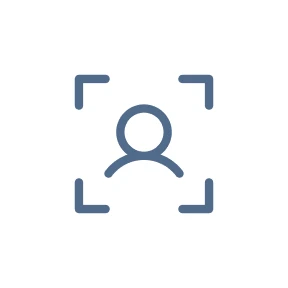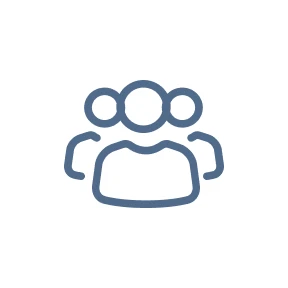
Primary Treatment
Our inpatient rehab centre is located in Marina da Gama in Cape Town, South Africa, just a few minutes from the beach. This treatment facility is situated in a secure neighbourhood that is patrolled by tight security. Our South African facility focuses entirely on residential treatment, providing comprehensive care for substance abuse and co-occurring mental health issues.
While we dedicate ourselves entirely to residential treatment, our staff collaborates with nearby facilities that offer other services, such as medical detox. Prospective patients must go through detoxification. Once that is done, patients can begin their primary treatment at our centre.
Residential treatment can be quite costly in Europe, but Liberty Home provides the same high standard of care at a fraction of the cost. Our centre offers a cost-effective alternative without compromising quality, ensuring that individuals receive the support and treatment they need in a safe and serene environment.







